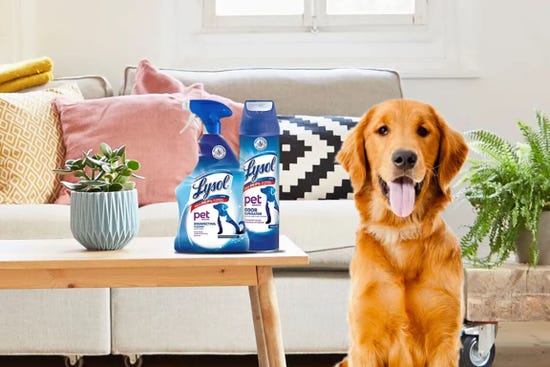Where Are Germs Found?
Invisible to the naked eye, germs are hiding around just about every corner. But if you can't see them, where are germs exactly? Where do germs hide? Some of the most common places may surprise you!
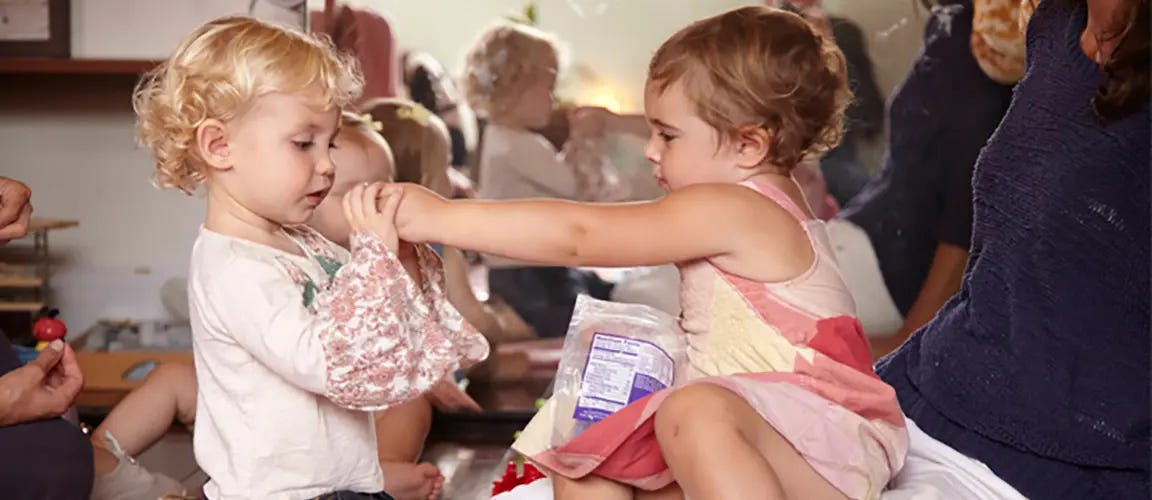
Your Office:
Shared office supplies are germ magnets and are seldom cleaned properly. Disinfect your workspace yourself, particularly if you share your space with other employees. Try coating your area with Lysol® Disinfectant Spray and Lysol® Disinfecting Wipes. Be sure to get:
- Phones
- Desk space
- Computer keyboard and mouse
Salt and Pepper Shakers:
Often looked over, salt and pepper shakers are one of the germiest places in your home. According to a 2008 study by the University of Virginia, researchers tested surfaces in 30 homes of people beginning to get sick for the cold and flu virus. About 41% of the surfaces contained the cold or flu virus, and the salt and pepper shakers tested positive 100% of the time.1 Wiping down your dining table staples can go a long way in the fight against germs.
Airplanes:
Respiratory viruses and bacterial infections can spread easily on a flight. Trapped in close quarters with strangers and circulated air spells disaster during cold and flu season. We recommend disinfecting your seat when you board. Use Lysol® Disinfecting Wipes To Go and wipe down:
- Arms
- Tray
- Window
- Use a hand sanitizer after visiting the lavatory, and if you need to change your baby's diaper, disinfect the changing tray first.
Toothbrush
You put it in your mouth twice a day, but do you ever think of all the germs lurking on it? This isn't so much about where germs hide as where do they come from. Did you know that when you flush the toilet it sends a spray of bacteria and virus water droplets into the air, which can then land on your toothbrush? These droplets can float around your bathroom for at least two hours after each flush before landing on surfaces. Suddenly rinsing doesn't seem like enough. Close your toilet seat before flushing and replace your toothbrush often, especially after you've been sick.
Movie Theaters:
Similar to airplanes, movie theaters are another excuse for germs to thrive -- close quarters with a room full of strangers for at least a few hours. Since cold and flu symptoms don't show for at least a few days, it's possible that a few people in the theater are already sick. Be sure to wash your hands thoroughly every chance you get, especially if you'll be eating snacks, and avoid touching your eyes, nose and mouth.

The Kitchen Sink:
It may look clean, but in fact your toilet bowl may actually be cleaner than your kitchen sink. Food particles left to soak can be a breeding ground for bacteria, including e.Coli and salmonella. And while you may disinfect your toilet bowl on a regular basis, chances are you aren't hitting your sink with the big guns. Throw wet sponges in the microwave on high for about a minute to zap away the germs and run any cleaning wands through the dishwasher. Also, try washing out your sink with a bleach and water solution regularly to help prevent the spread of bacteria.
Restaurants:
Always be nice to the person handling your food. It's a life lesson that everyone should know. Improperly washed hands, or hands that weren't washed at all, can taint food with bacteria and viruses. Not to mention, raw or undercooked foods can expose an entire kitchen to a wide range of bacteria ranging from salmonella to shigella. Even ordering your food well done is not a guarantee against exposure. If a kitchen worker handles raw foods and then touches your dinner plate or freshly baked rolls, he can contaminate your cooked food. Choose your restaurants wisely, and always check the health certificate.

Bed Sheets & Towels:
When you're sick, bed can seem like the coziest place on earth. But it also might be a breeding ground for germs. Germs can live on towels and sheets for three to seven days without a host. Clean your sheets once a week in hot water, and your towels every one to three days. Most bacteria will die if you hang your towels in a dry climate so remember to never leave them in a damp pile.
Your Doctor's Office:
Your place of salvation may also be your place of doom. You may not think of your doctor's office as germy, but remember that you are sharing a small space with many people who may have infectious illnesses. Waiting room chairs, doorknobs, toys, and even your doctor's clothing can become contaminated. Try to avoid touching shared surfaces and wash your hands every chance you get. When taking your child to the pediatrician, bring toys and books from home.
The best protection from spreading germs is washing your hands thoroughly and regularly.

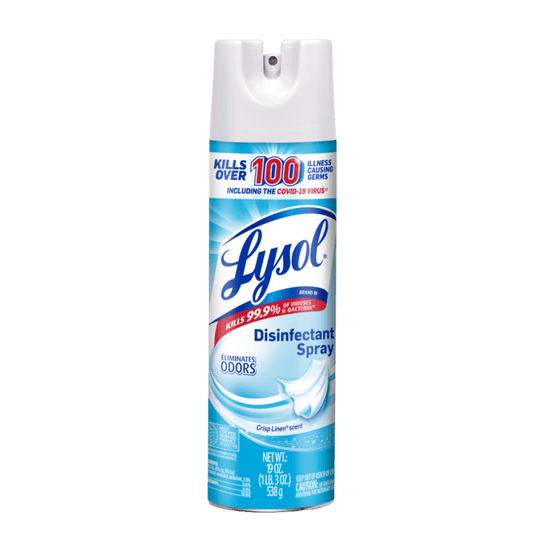

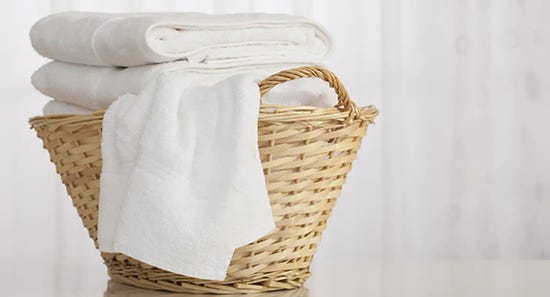



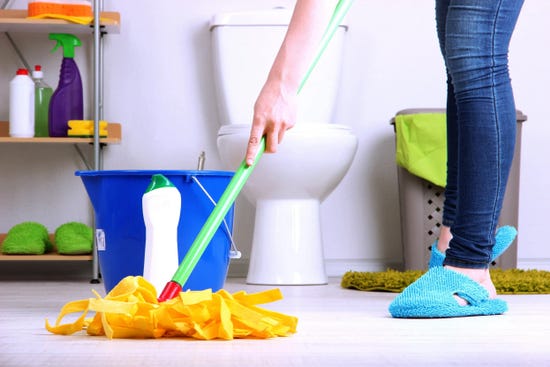
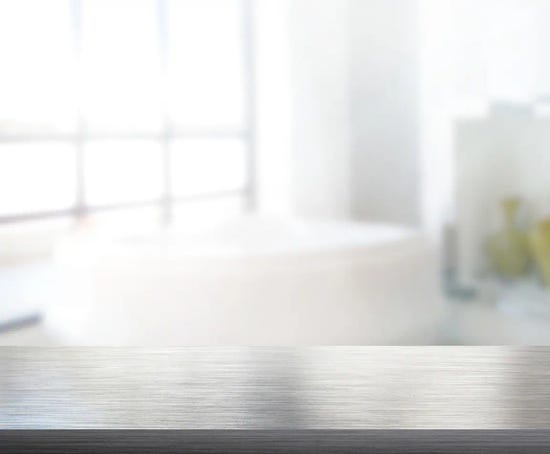

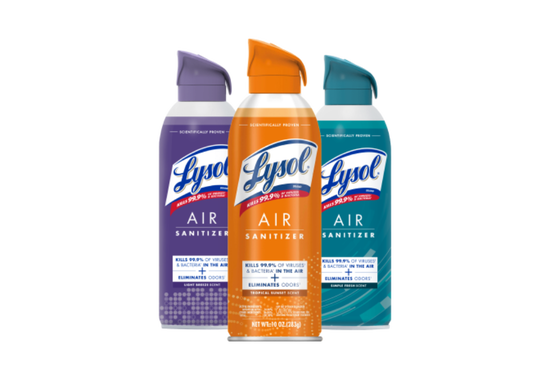
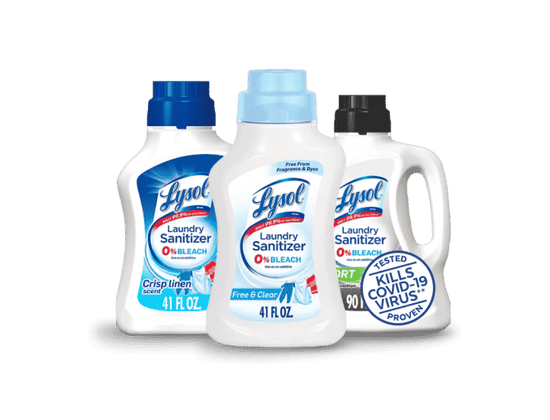
.png?width=550&height=377&format=png&quality=80)
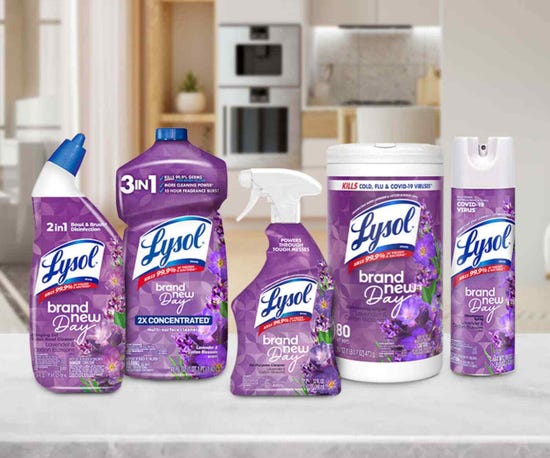
.png?width=550&height=377&format=png&quality=80)
.png?width=550&height=420&format=png&quality=80)
.png?width=550&height=377&format=png&quality=80)
.png?width=550&height=377&format=png&quality=80)
